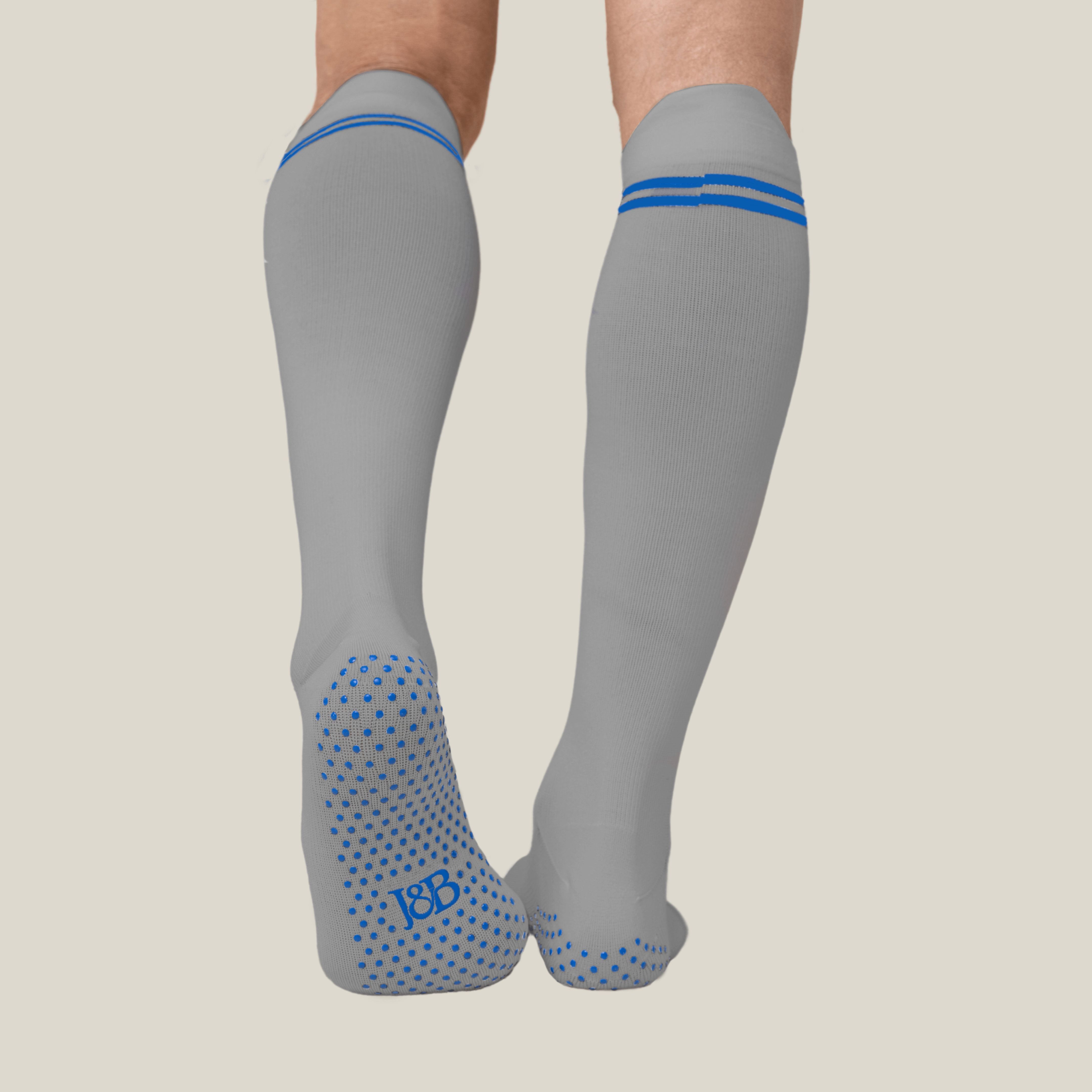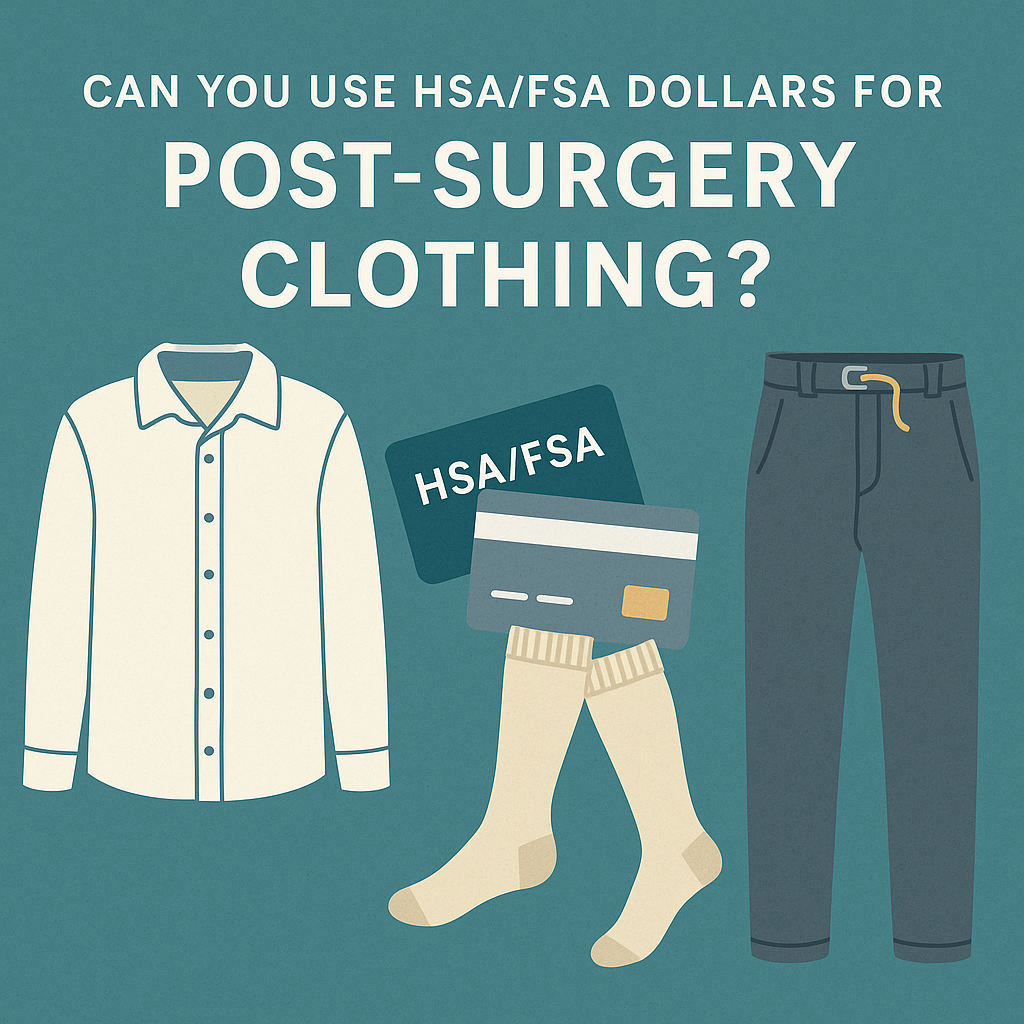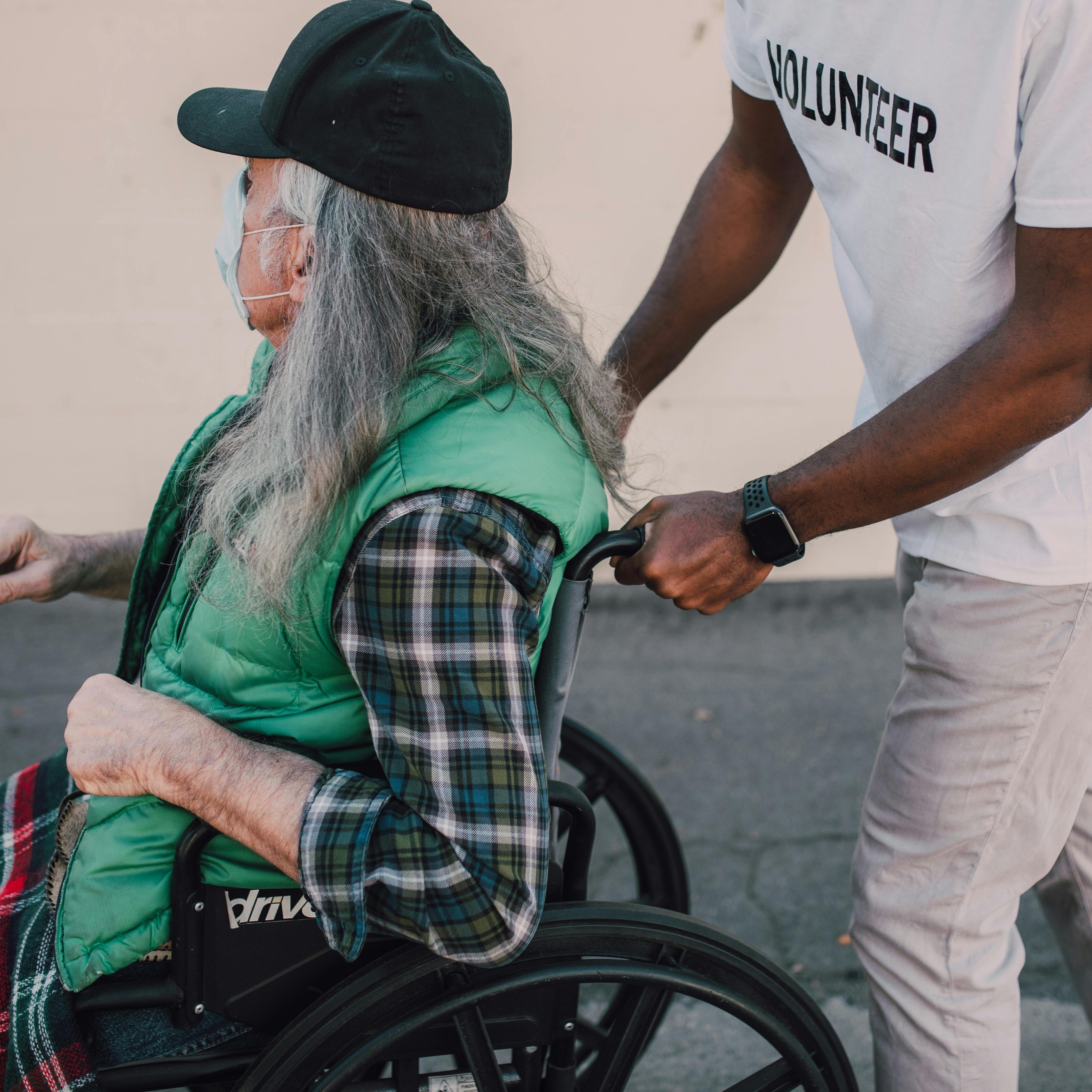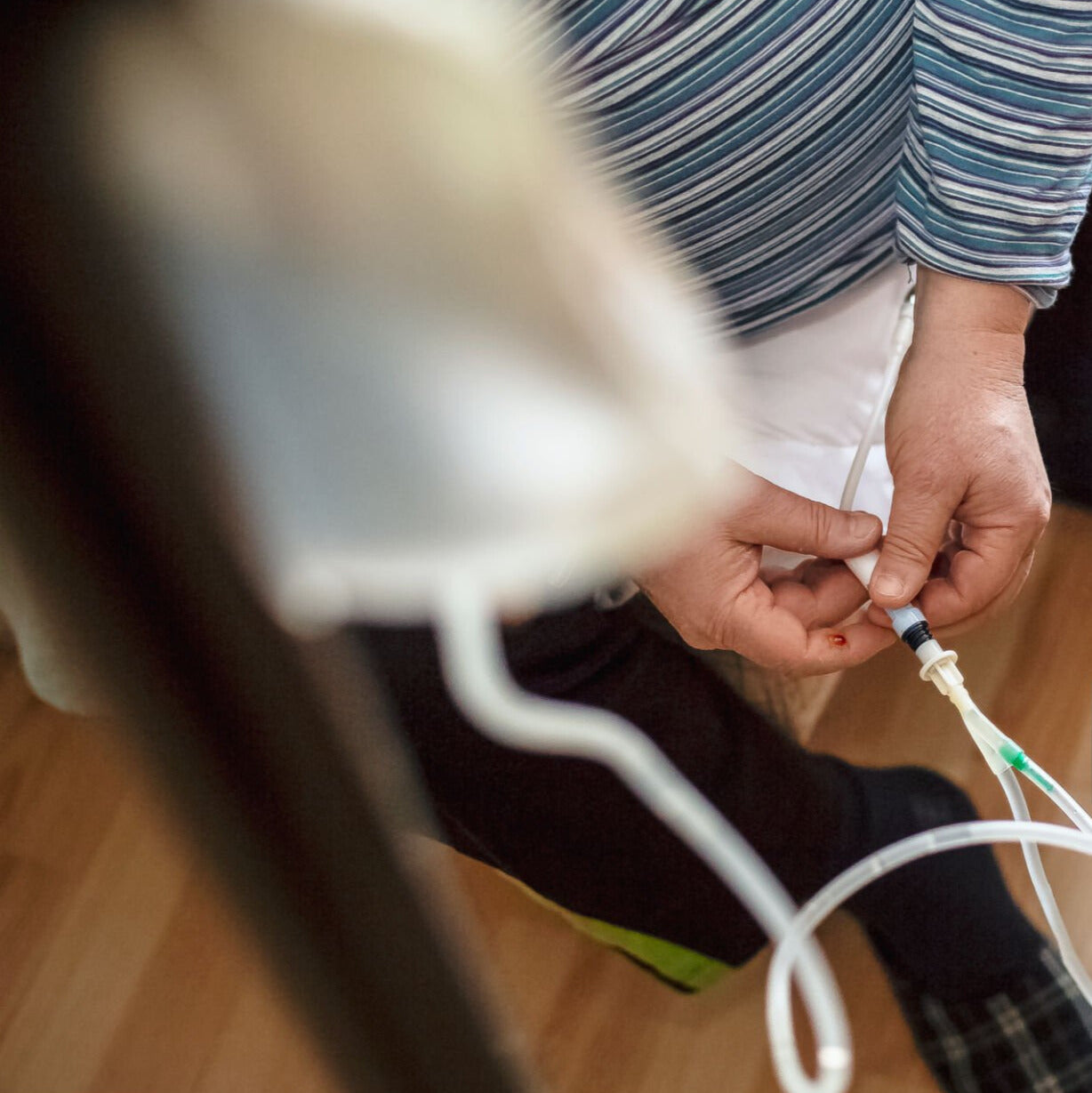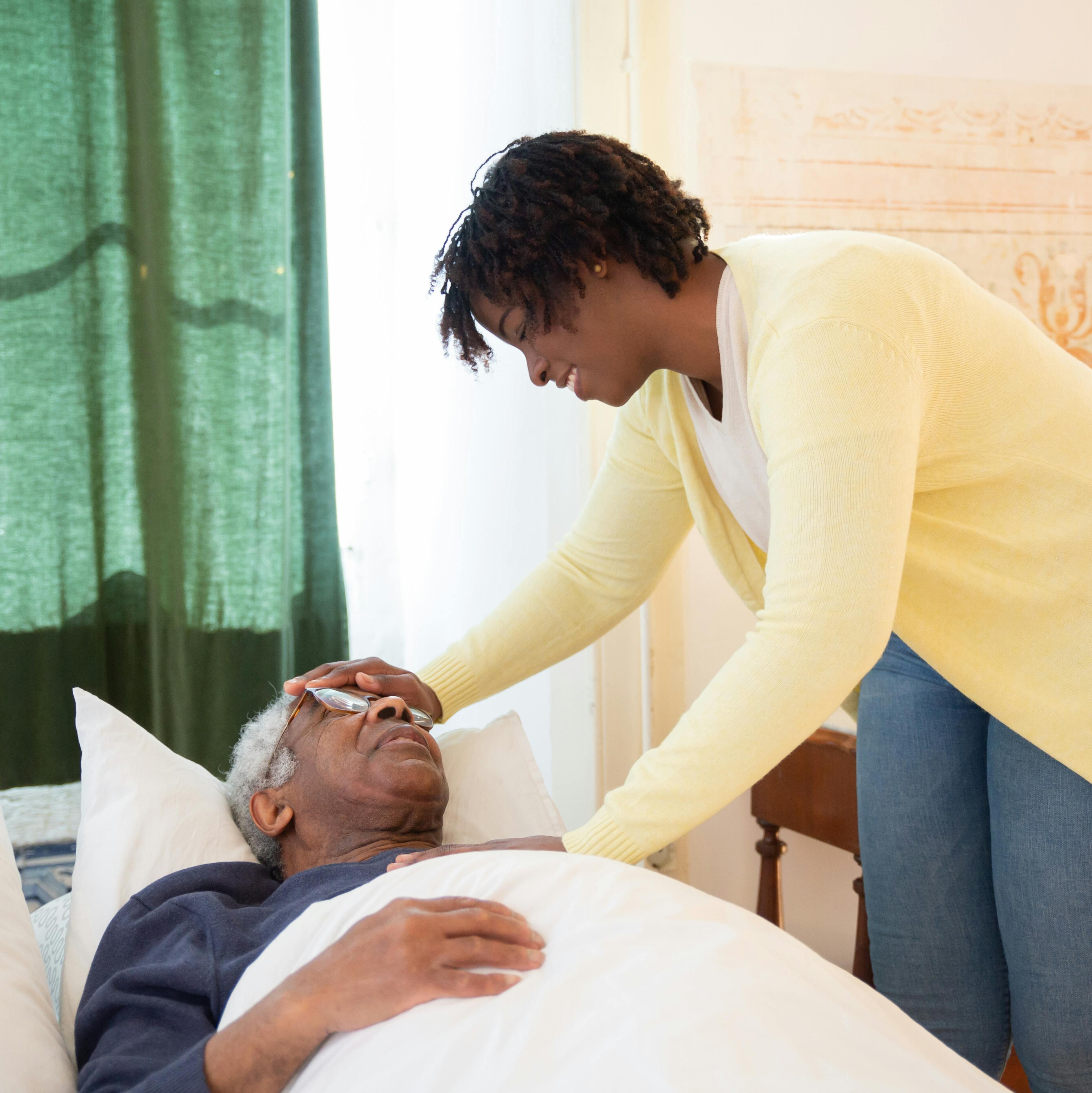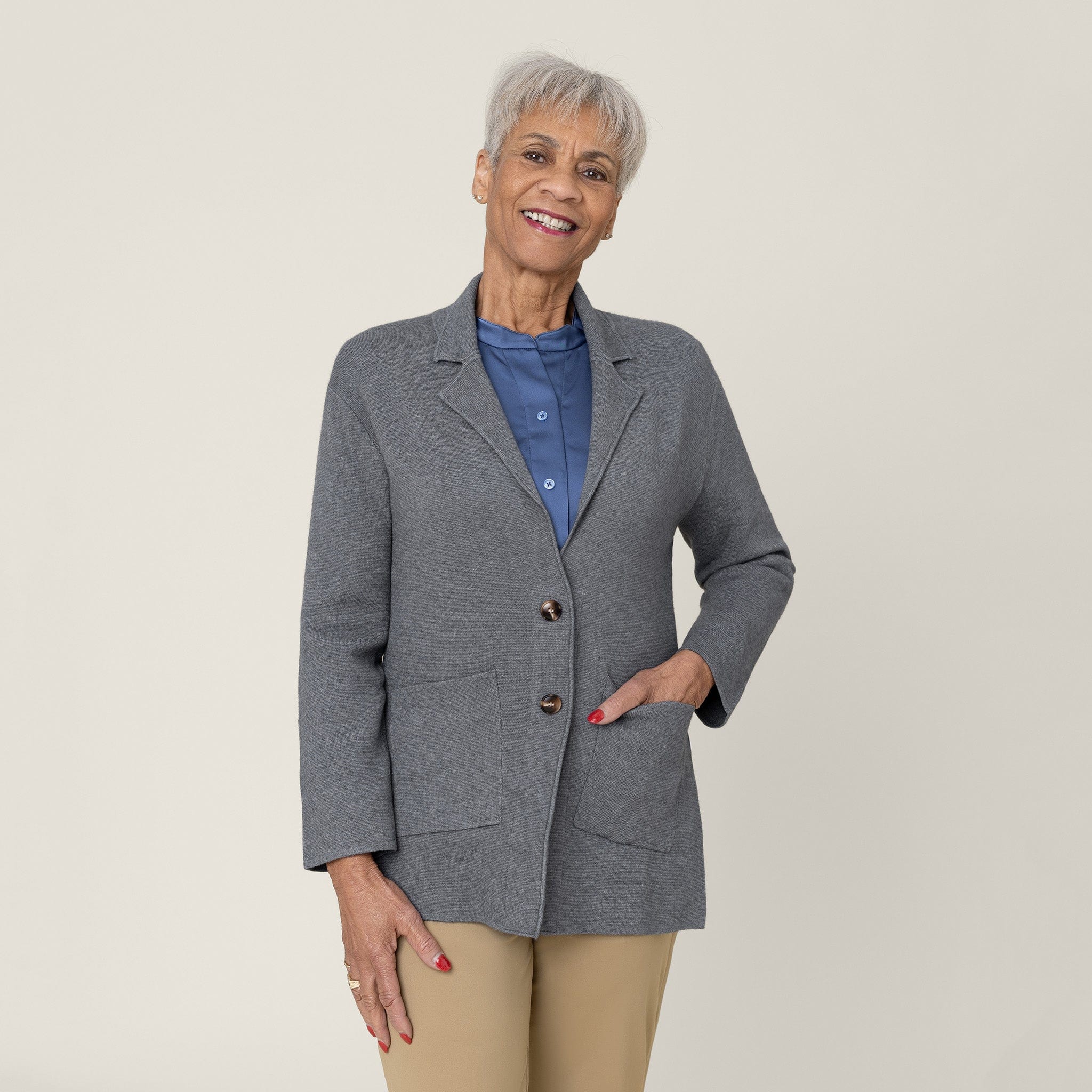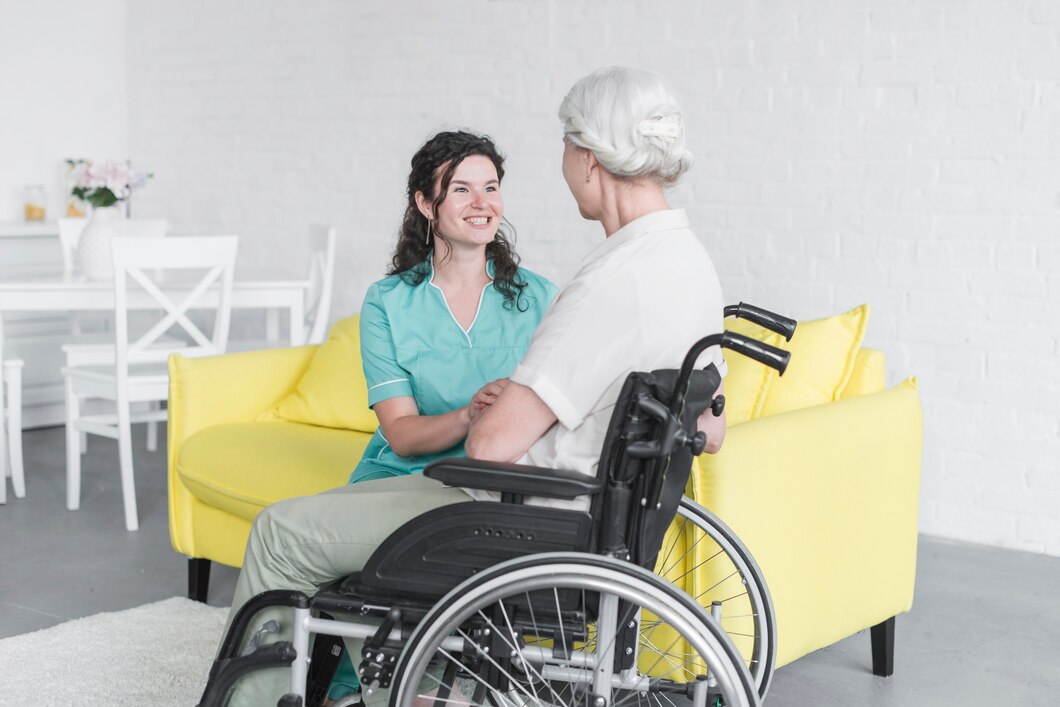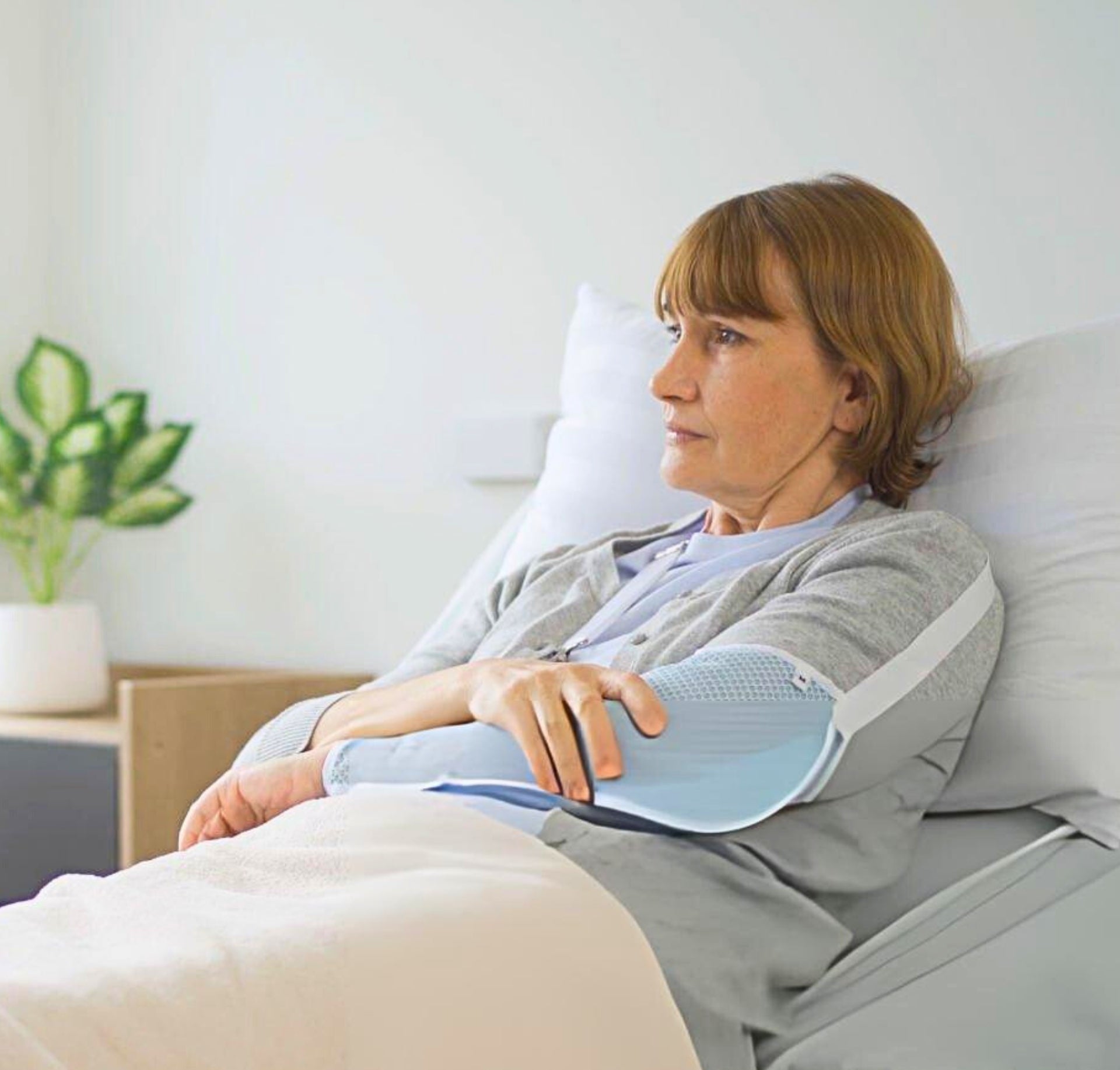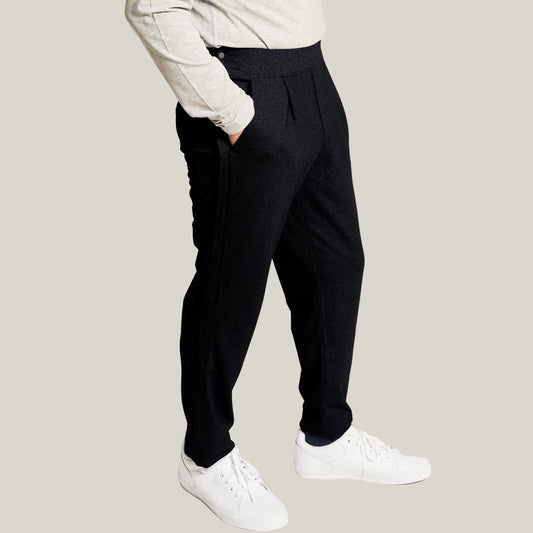Navigating the complexities of caring for aging parents can be challenging, especially when behaviors become difficult and boundary-setting becomes necessary. Understanding how to establish and maintain healthy boundaries is crucial for both the well-being of the elderly and their caregivers. This blog explores the nuances of setting boundaries with difficult elderly parents, providing insights and strategies to support caregivers in this delicate process.
Need for Setting Boundaries With Elderly Parents
Setting boundaries with elderly parents, particularly those who may be difficult or resistant, is essential for maintaining a healthy relationship and ensuring the well-being of all parties involved. Difficult behaviors in elderly parents can range from refusing assistance, exhibiting demanding or critical attitudes, to overstepping personal boundaries. Recognizing these signs early on is crucial in addressing issues proactively, preventing stress and resentment from building up over time.
Importance of Setting Boundaries With Difficult Elderly Parents
Boundaries help define the limits of acceptable behavior and responsibilities, creating a safer and more predictable environment for elderly parents. They also protect the caregiver’s emotional and physical health, preventing burnout and enabling the caregiver to provide care more effectively. Establishing clear boundaries can improve communication, reduce conflicts, and enhance the overall quality of the care recipient-caregiver relationship.
Challenges of Setting Boundaries With Elderly Parents
Setting boundaries with elderly parents can be fraught with challenges, including guilt, emotional blackmail, or resistance from the parents themselves. Caregivers often struggle with feelings of obligation and worry about appearing unkind or neglectful. Additionally, elderly parents may not recognize their behavior as problematic, viewing boundary-setting as an infringement on their autonomy.
11 Best Tips on Setting Up Boundaries With Difficult Elderly Parents
1. Identifying Boundary Issues With Elderly Parents
Begin by recognizing behaviors that necessitate boundary-setting. This might include unrealistic demands on your time, invasion of privacy, or refusal to accept necessary care. Understanding specific issues helps in addressing them directly and effectively.
2. Communication Strategies
i. Assertive Communication Techniques
Practice expressing your thoughts and needs directly and respectfully. Use statements like, "I feel overwhelmed when I manage all your appointments on top of my work. Can we find a system that divides these responsibilities more evenly?"
ii. Setting Clear, Healthy, and Respectful Boundaries
Be explicit about your limits. For instance, you might say, "I need the evenings after 7 PM for my family time. Let's schedule our calls and activities before then."
iii. Active Listening Skills
Listen to your parents' concerns without interrupting. Acknowledge their feelings, and clarify their desires before responding. This validation can open the door to more productive conversations about how to meet both your needs and theirs.
3. Setting Boundaries Gradually
Introducing boundaries gradually helps prevent shock or resistance from elderly parents. Start with smaller, less contentious boundaries before tackling more significant issues. For example, if nightly calls are overwhelming, suggest starting with calls every other night, then adjust as needed. This approach eases the transition, making it more palatable and less confrontational for your parents.
4. Establish Routines
Routines can significantly ease the stress of caregiving and boundary setting. Establishing fixed times for meals, medication, outings, and even caregiving tasks can create a structured environment that reduces uncertainty and conflict. For instance, setting a routine doctor’s visit or grocery shopping day helps manage expectations and makes time management more straightforward for both parties.
5. Use a Nonthreatening Approach
Approach boundary discussions with kindness and empathy, focusing on the positive outcomes of these boundaries for both you and your elderly parent. Phrase your needs and concerns in a way that doesn't blame but seeks mutual benefit. For example, "Let's set visiting hours that ensure you get the rest you need and give me time to take care of my home responsibilities."
6. Prioritize Personal Well-Being
Caring for oneself is crucial when setting boundaries. It’s not selfish to take time for self-care; it’s necessary. Acknowledge that maintaining your health, interests, and relationships outside of caregiving is essential for sustaining your ability to care for your parents effectively.
7. Uphold Respect and Empathy in Boundary Setting
Always set boundaries from a place of love and respect. Explain that boundaries are not about creating distance but about ensuring the relationship is sustainable and positive. Show empathy for their feelings and reassure them that these boundaries are set with their best interest at heart.
8. Manage Guilt or Stress Associated With Boundary Setting
Feeling guilty or stressed when setting boundaries is common but manageable. Acknowledge these feelings without letting them dictate your actions. Remind yourself of the importance of boundaries for your well-being and the overall health of your relationship with your parents. Seeking support from peers or professionals can provide perspective and coping strategies.
9. Balance Autonomy With Safety Concerns
Finding the middle ground between respecting your parents' independence and ensuring their safety can be challenging. Discuss the importance of safety measures in a way that empowers rather than restricts them. For example, introduce safety modifications as tools for maintaining independence rather than as limitations.
10. Seek Support From Other Family Members
Garnering support from siblings or other family members can lend weight to the boundaries you’re setting and provide a network of care for your parents. It’s beneficial to present a united front and share caregiving responsibilities to prevent burnout and ensure all family members are on the same page regarding care and boundaries.
11. Seek Professional Help
Sometimes, the guidance of a professional, such as a geriatric care manager, therapist, or counselor, can be invaluable in navigating the complexities of caregiving and boundary-setting. They can offer strategies tailored to your specific situation, facilitating a healthier approach to caregiving and relationship management.
Conclusion
Setting boundaries with difficult elderly parents is a delicate task that requires patience, empathy, and clear communication. By identifying issues, employing assertive communication, and gradually establishing routines, caregivers can create a healthier and more sustainable caregiving environment. It’s important to prioritize personal well-being, maintain respect and empathy, and seek support when needed. Remember, setting boundaries is not an act of limitation but a necessary step towards a balanced and respectful relationship with your aging parents.






